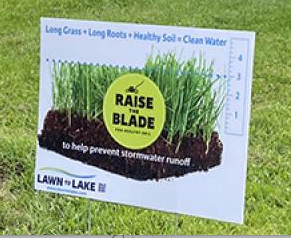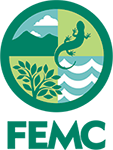Project Overview

The Lake Champlain Sea Grant (LCSG) develops and shares science-based knowledge to benefit the environment and economies of the Lake Champlain basin. In 2017, Lake Champlain Sea Grant partnered with 10 Burlington-area businesses and organizations to establish "Raise the Blade" research demonstration sites. The research assessed if differences in soil and grass health exist between lawns cut to 2 inches (what most people in the Lake Champlain basin do) and lawns cut to 3 inches with clippings allowed to decompose (recommended best practices). Initially, an undergraduate fellow, supported by the Simon Family Foundation, established the paired study plots, and began managing them according to standard and recommended practices. After that summer, Lake Champlain Sea Grant hired other undergraduate student interns to manage the study plots and to monitor soil and lawn health over time. LCSG had anticipated running the study until 2027, as it was hypothesized that any changes in soil organic matter and compaction may take many years to occur. However, the onset of the COVID-19 pandemic in 2020 resulted in inability to maintain the study sites and the project became inactive.
Objectives
The goal of this research was to assess differences in soil and grass health between lawns cut to 2 inches and lawns cut to 3 inches with clippings allowed to decompose in place. The study took place at a suite of demonstration sites located at commercial businesses or public spaces in the Burlington, VT, area. The research was expected to provide an outreach opportunity to engage the public in understanding the influence of simple and inexpensive shifts in lawn care practices to promote production of soil organic matter and minimize stormwater runoff. It was also expected to provide data to assess if recommended best lawn care practices promoted soil organic matter development in the Lake Champlain basin.
Dataset Availability
Downloadable: 3 datasets
See the full list of available dataTags
Status - Inactive
Study Area

